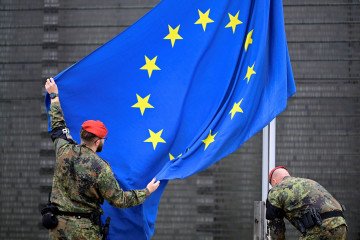- Category
- World
Fool Me Twice, How Russia’s Scientific Support Is Fueling Iran’s Nuclear Dreams
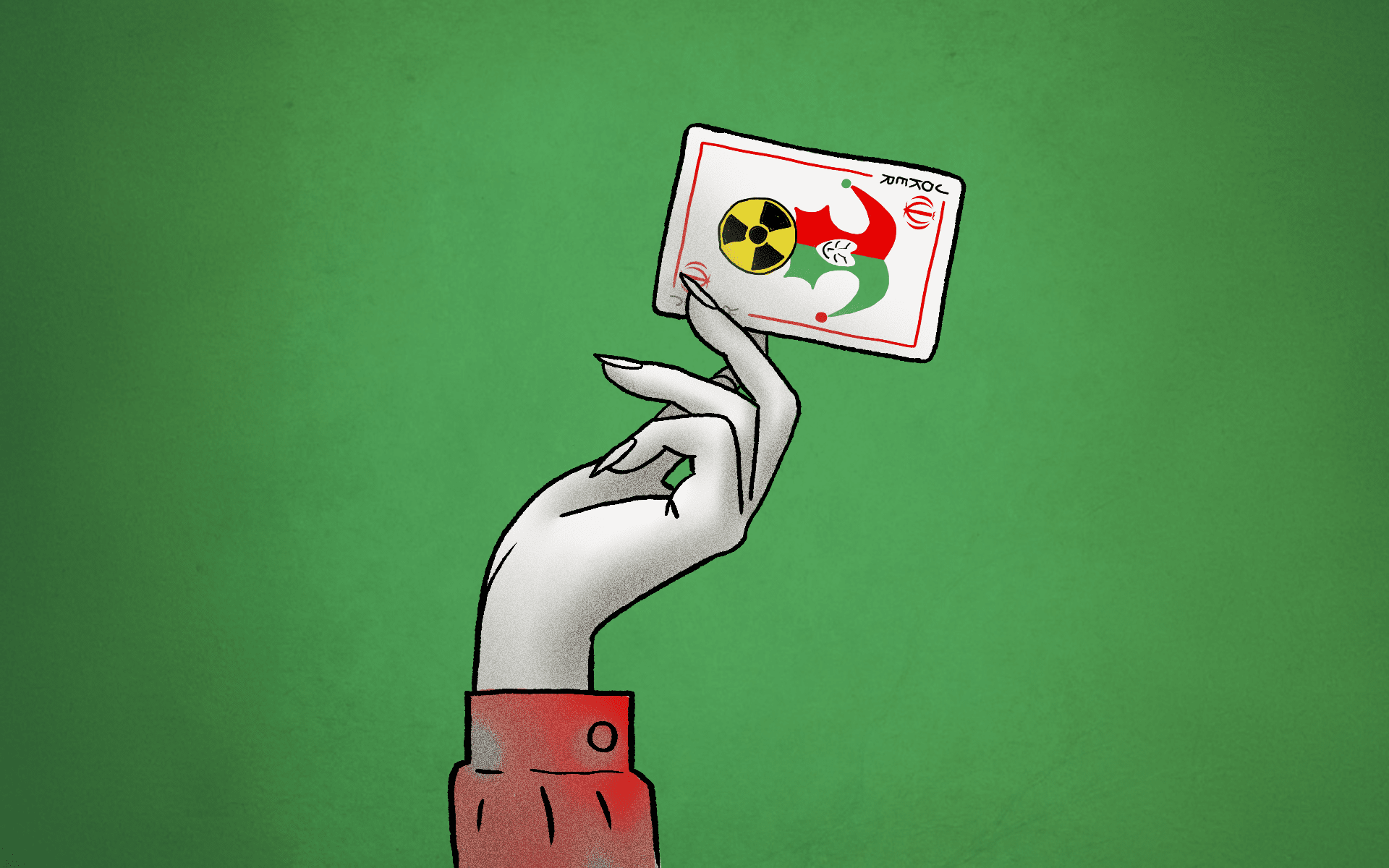
Russia and Iran are deepening their alliance with weapons and nuclear intelligence exchanges while the West still searches for a diplomatic solution in vain.
“Fool me once, shame on you, fool me twice, shame on me.” This is something the E-3—England, France, and Germany—should have taken to heart ahead of their second round of nuclear talks with Iran earlier this week in Geneva.
As Iran inches closer to nuclear capability, the West is scrambling to see that it is done under their supervision. The unfortunate reality that leaders in the West continually fail to grasp is that Iran, and its allies, are no longer concerned with getting their approval.
Russia’s full-scale invasion of Ukraine changed many things, including the global order. Under US President Barack Obama, talks with Iran seemed to move in a positive direction—sanctions were temporarily lifted in exchange for Iran’s agreement to halt its uranium enrichment program. However, recent years have witnessed a reshuffling of allegiances. Russia is seemingly spearheading an anti-NATO coalition backed by Iran and North Korea. It’s worth noting that the West sanctions each of these countries.
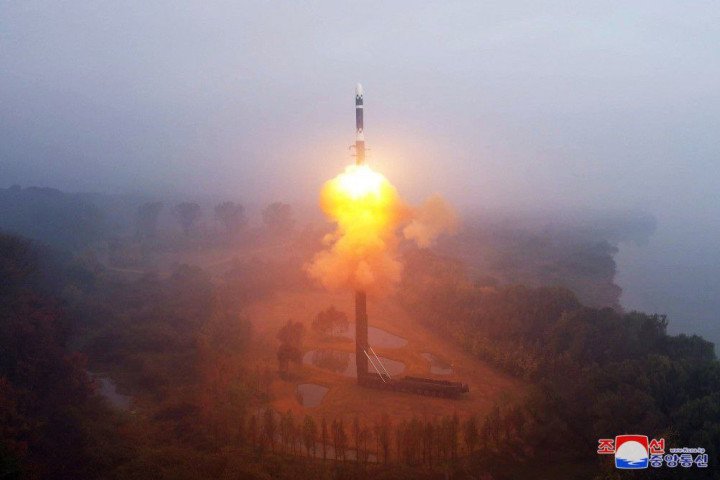
Iran’s deepening alliance with Russia poses significant challenges to the European Union’s diplomatic and security interests. Recent clandestine meetings between Iranian officials and the Kremlin, aimed at enhancing Iran’s nuclear and defense capabilities, indicate a strategic partnership that runs counter to EU objectives.
Iranian scientists in Russia and secret nuclear collaborations
Ali Larijani, a senior adviser to Iran’s Supreme Leader Ayatollah Ali Khamenei, has reportedly engaged in covert discussions with Russian officials to seek support for Iran’s nuclear program and air defense systems. These undisclosed meetings, occurring alongside Iran’s public negotiations with Western nations to revive the nuclear treaty, cast doubt on Tehran’s commitment to diplomatic resolutions.
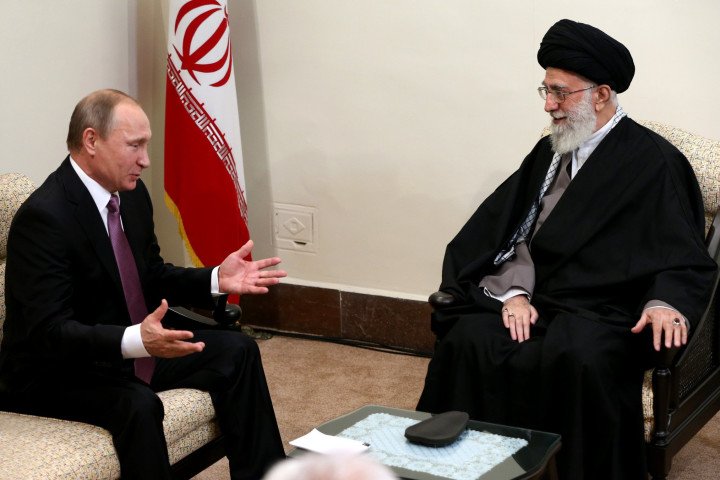
The covert nature of these meetings suggests that Iran is looking for further assistance from Russia on nuclear topics and expertise, after decades of cooperation that included supplying Iran with nuclear fuel for a 1,000-megawatt light-water nuclear power reactor. To aid in these trips, Hadi Goudarzi, an advisor to the Iranian Embassy in Russia, mentioned that Tehran and Moscow may launch visa-free travel for scientists and professors who are university employees, enabling them to travel more easily between Iran and Russia.
Moscow has said it will host Masoud Pezeshkian, the Iranian president, as soon as January 17th, to sign a 20-year “comprehensive strategic partnership” deal. This is a similar agreement the Kremlin signed with North Korea just last year. The deal states that the nuclear-armed countries would defend each other in the event of an attack.
While previously Russia was in agreement with other world powers in opposing Iran’s pursuit of nuclear weapons, experts like William Alberque, NATO’s former director of nuclear non-proliferation, told The Times that that seemed to be changing.
In a recent uncovering from the Times, experts claim that Iranian scientists have learned all they need to know from these short visits to Russian nuclear laboratories. “You could fly a couple of Iranian scientists to Azramas, Penza– any of the Russian nuclear production facilities– and they could learn a lot in 24 hours,” says Alberque.
This is not the first incidence of Russian scientists contributing to Iran’s nuclear advancements. In 2011, 76-year-old Russian Scientist Vyacheslav Danilenko helped Iran in developing a detonator and high explosives for its nuclear program. Danilenko worked at Iran’s Sharif University. According to a UN report on the matter, there were “strong indications” that technologies related to Iran’s nuclear program were “assisted by the work of a foreign expert.”
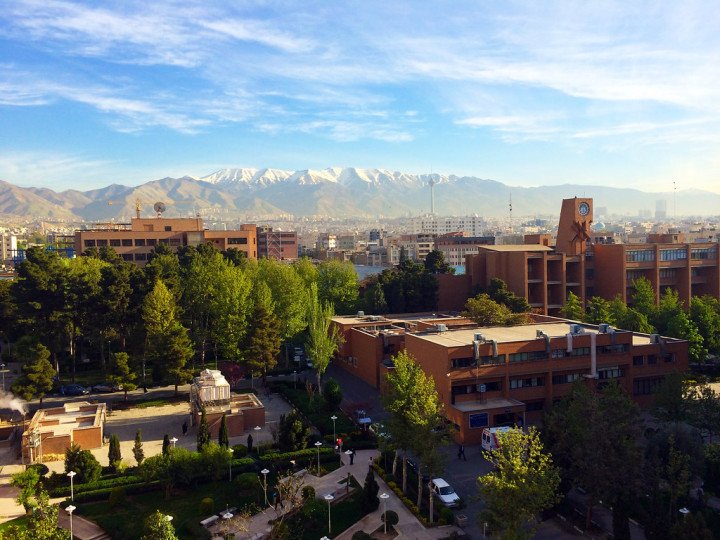
In September 2024, US Secretary of State Anthony Blinken expressed growing concerns over the trade of nuclear knowledge between Russia and Iran, while on a visit to London. “Iran’s nuclear program [has] never been more advanced,” Blinken said at the time. “Russia is sharing technology that Iran seeks — this is a two-way street — including on nuclear issues, as well as some space information.”
As Iran draws nearer to nuclear capabilities, these “trips” to Russia help Iranian scientists fill in the missing pieces. It should be assumed that whatever information Russian scientists are privy to, so too are their Iranian counterparts.
Iran’s military support to Russia
This close relationship between Iran and Russia should not come as a surprise. For years Iran has been supplying Russia with thousands of Shahed drones. Sources estimate Iran has supplied Russia with an estimated 8,000 Shahed drones, a claim Tehran denies despite overwhelming evidence.
Iran has also helped Russia to create its very own drone manufacturing plant in Yelabuga, Russia, several hundred miles east of Moscow. “This is a full-scale defense partnership that is harmful to Ukraine, to Iran’s neighbors, and to the international community,” US National Security Council spokesperson John Kirby said on the matter.
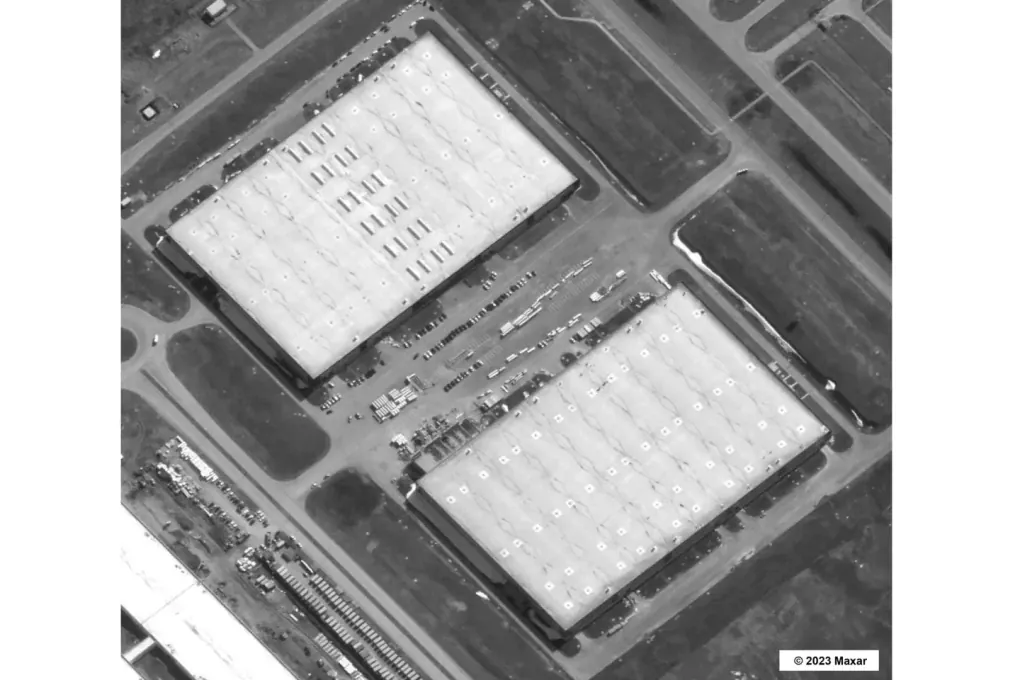
Military cooperation with Iran is a direct response to challenges faced by the Russian military on the Ukrainian front. Iran’s provision of Shahed drones as well as the know-how for how to make them through scientific exchanges, has made a significant impact on Russia’s war in Ukraine. These Shahed drones have been employed in attacks against Ukrainian infrastructure, causing civilian casualties and contributing to the ongoing humanitarian crisis.
In exchange for its drones, Iran wants sophisticated Russian weapons like long-range air defense systems and fighter jets to help fend off possible attacks by Israel. Tehran has long hoped to obtain advanced Sukhoi Su-35 fighter jets from Russia to upgrade its aging fleet, which has been hobbled by international sanctions, but it only received a few Yak-130 trainer jets in 2023.
Iran’s actions, including its military support to Russia and clandestine nuclear collaborations, indicate an alignment with adversaries of the EU and its allies. The E-3 will have trouble justifying a diplomatic relationship with Iran and supporting Ukraine. This alignment with Tehran challenges the EU’s strategic interests and raises questions about the efficacy of diplomatic efforts.
-fca37bf6b0e73483220d55f0816978cf.jpeg)
-27ef304a0bfb28cb4215e5deede4a665.png)
-46f6afa2f66d31ff3df8ea1a8f5524ec.jpg)
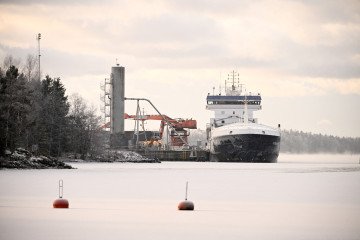
-605be766de04ba3d21b67fb76a76786a.jpg)
-2c683d1619a06f3b17d6ca7dd11ad5a1.jpg)

